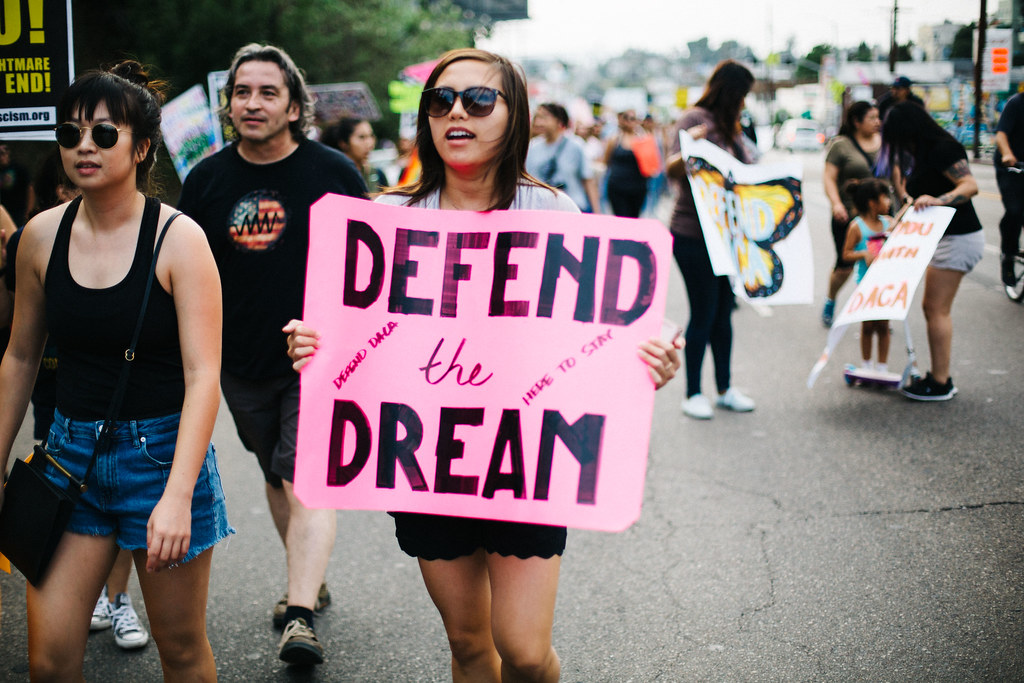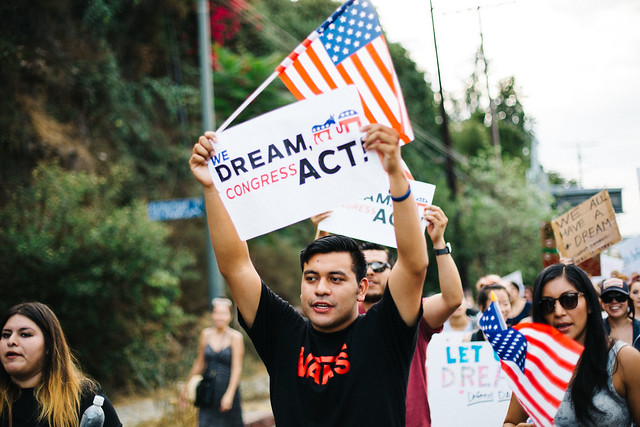On June 4th, 2021, the interim guidance memorandum (“The Memo”) was publicly released. The reason the memo sent many, like me, into a frenzy was because of the million people currently in immigration court limbo who have just had their lives transformed by these thirteen pages.
This memo is proof the Biden Administration has set a new tone towards immigration. The memo beautifully states, “the government wins when justice is done,” reminding OPLA attorneys they should remain mindful that “immigration enforcement obligations do not consist only initiating and conduction prompt proceedings that lead to removals at any cost.” The memo provides internal direction to OPLA attorney’s regarding the following: 1. Removal Priority Cases, 2. Prosecutorial Discretion, 3. Ability to cancel NTAs, 4. Authority to Administrative closure or Continuance of Proceedings, and 5. Authority to Terminate Proceedings.
(It is important to note this memorandum was released For Official Use Only by the Department of Homeland Security. You should seek the advice and counsel of an attorney to review your case specifically.)
- REMOVAL PRIORITY CASES
It is directed that OPLA attorneys prioritize agency resources in the following priority categories:
A. Noncitizens who engaged in or suspect to engage in terrorism or whose apprehension is otherwise necessary to protect the national security of the United States.
B. Noncitizens who were apprehended at the border or port of entry, while attempting to enter unlawfully into the United States after November 1, 2020.
C. Noncitizens convicted of an “aggravated felony” or convicted of an offense related to a criminal street gang and determined to pose a threat to public safety.
The memo also provides a non-exclusive list of civil immigration enforcement and removal decisions where the agency should identify any opportunities of a non-citizens process to ensure just fair and legally appropriate outcomes.
 Visa Lawyer Blog
Visa Lawyer Blog











